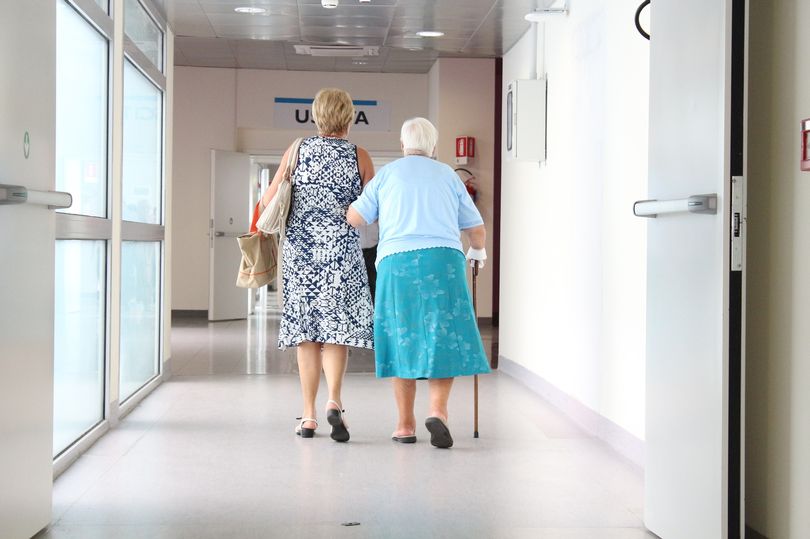Missed appointments cost the NHS millions every year. Weizi Li and her team developed a computer model to predict which patients might miss their next check up, prompting a reminder. Already, across three departments at the Royal Berkshire Hospital, missed appointments in the at-risk group, have plummeted by a third.
Missed appointments cost the NHS around £1 billion in 2016. Last year, within the Royal Berkshire NHS Foundation Trust, more than one in twenty appointments were recorded as Did-Not-Attend (DNA).
Working with the Royal Berkshire Hospital, Dr Li and PhD student Muhammad Dashtban, tested a machine learning approach to tackling DNAs. They built a predictive computer model to identify patients most likely to miss appointments, based on analysis of over 2 million outpatient records from the past 3 years. Once refined, the model’s predictions were over 90% accurate compared to real-time outpatient data.
Initially, three departments implemented the model; Ophthalmology, Trauma & Orthopaedics, and General Surgery. Patients flagged as likely to miss their appointment, were telephoned by hospital staff. This reminder also gave the patient the chance to share any concerns about attending, such as distance from the hospital or cost of travel. Individual solutions were found where possible, including virtual appointments and providing travel vouchers.
The pilot scheme saw a 30% reduction in missed appointments in the at-risk patient group across the three departments. The model will now be tested across all 35 specialities at the hospital, using personalised text message reminders to pre-empt non-attendance. In the longer term the model will hopefully be used more widely in hospitals and GP clinics.
Team: Weizi Li, Muhammad Dashtban (PhD student), Toluwanimi Akinola (previous master student), Keiichi Nakata and Eghosa Bazuaye’s team in Royal Berkshire Hospital
In partnership with Royal Berkshire NHS Foundation Trust.
Funded by ESRC, Royal Berkshire NHS Foundation Trust, University of Reading
Shortlisted for the University Research Engagement and Impact Awards 2020
First published: June 2020

